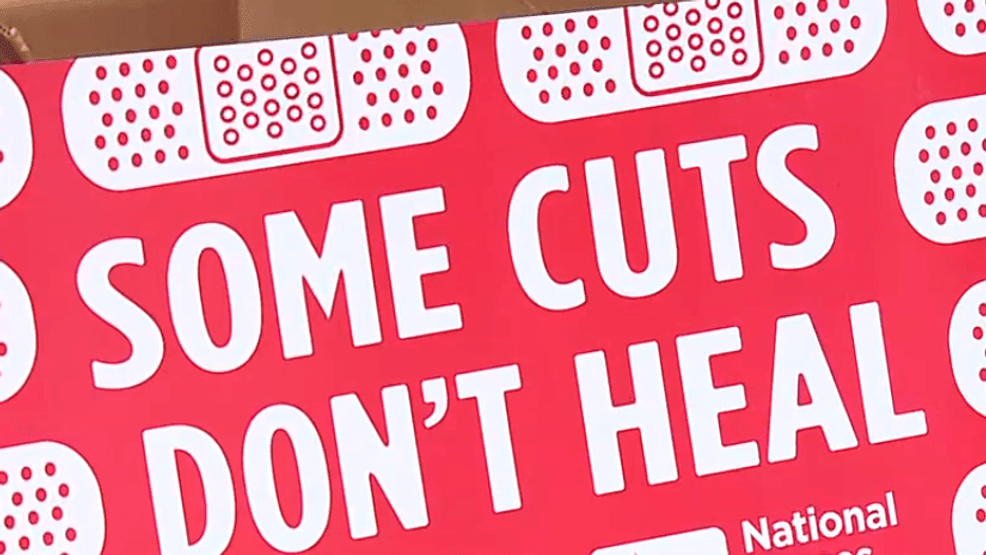Albany, NY (WRGB) — The New York State Department of Health has raised alarms over the potential impact of the recently passed Budget Reconciliation Bill by the U.S. House of Representatives, which could significantly reduce Medicaid funding and jeopardize health care access for millions of New Yorkers.
In a release, State Health Commissioner Dr. James McDonald said,
This legislation threatens the health and wellbeing of New Yorkers. On the 60th anniversary of Medicaid, a program that has uplifted generations of families, we are witnessing an unprecedented rollback of health care access. Cuts of this magnitude threaten to destabilize our entire health care system and will directly harm working families, children, seniors and people with disabilities. These are not just numbers on a page, these are lives at stake.
Medicaid currently provides essential health coverage to nearly 7 million New Yorkers, including children, seniors, individuals with disabilities, and low-income families. The Department estimates that the House-passed bill could strip coverage from up to 1.5 million New Yorkers.
NYS Department of Health Medicaid Director Amir Bassiri said,
As we mark Medicaid’s 60th anniversary, we should be celebrating this transformative program that provides essential healthcare coverage to nearly 7 million New Yorkers. Instead, we are now facing the biggest cut in the program’s history that will strip coverage from up to 1.5 million New Yorkers, resulting in at least $3 billion annually in uncompensated costs for our hospitals and health centers, and communities to make accessing care harder, not easier.
NY State of Health Executive Director Danielle Holahan highlighted the achievements of the Affordable Care Act and the state’s efforts to maintain a low uninsured rate. Holahan said,
Fifteen years ago, the Affordable Care Act represented another historic leap forward in health care access, and NY State of Health has been at the forefront of that progress. Through our online marketplace we’ve offered streamlined, one-stop shopping for New Yorkers to enroll in public and commercial health coverage, expanded access to affordable coverage options, enabling the state to maintain an uninsured rate below 5 percent—achievements we should be building on, not tearing down.
The Department of Health is committed to mitigating the bill’s impacts and will continue to update residents on changes to their health coverage. More information can be found at: https://info.nystateofhealth.ny.gov/stay-connected.
